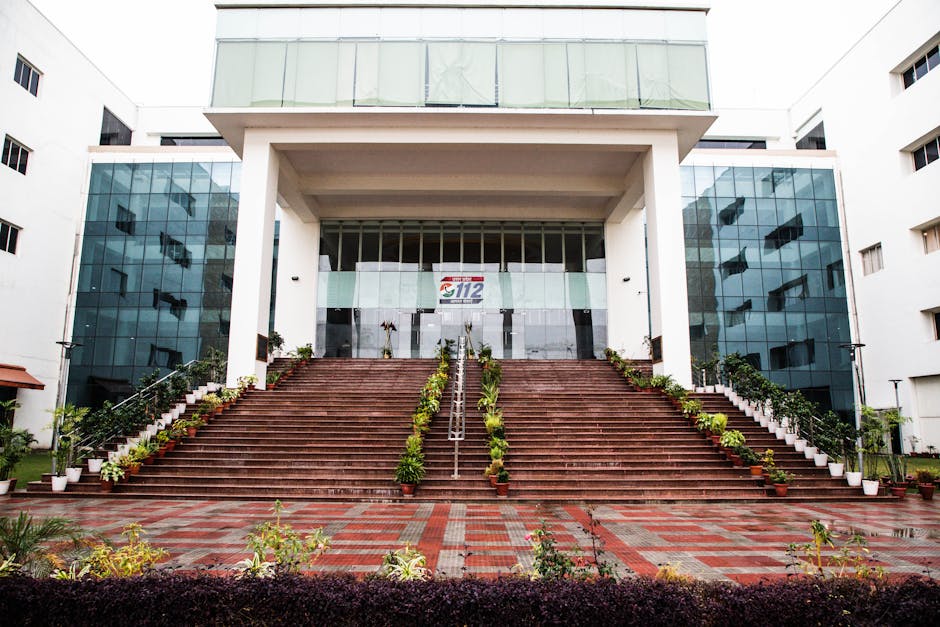New Delhi – In a significant development reaffirming the Election Commission’s autonomy, the Supreme Court has sent a clear message indicating its reluctance to interfere in the ongoing Pan-India Systematic Information Rectification (SIR) drive. During a hearing on petitions challenging the process, the apex court orally observed that managing electoral rolls is the “absolute prerogative” of the Election Commission, strengthening the constitutional body’s hand in this massive data verification exercise.
What is the Pan-India SIR Drive?
The Pan-India SIR drive, launched by the Election Commission last quarter, is a landmark initiative aimed at creating a more robust and error-free electoral roll. The process involves systematically verifying and updating voter data, including linking information with digital identity proofs and conducting door-to-door checks. The primary goals are to eliminate duplicate entries, remove “ghost voters,” and ultimately enhance the integrity of India’s electoral system.
Petitions Challenge SIR, Citing Disenfranchisement Risks
Despite the EC’s stated goals, the drive has faced stiff opposition from civil society groups and political quarters. Petitions filed before the Supreme Court raised serious concerns, arguing that the SIR process could potentially lead to the disenfranchisement of millions. The petitioners contended that marginalised groups, such as migrant labourers and rural communities lacking digital literacy or documentation, were at high risk. They argued the drive was being conducted with undue haste and lacked a robust mechanism for grievance redressal.
Supreme Court‘s Stance: A Vote of Confidence in the EC
The bench, presided over by the Chief Justice, appeared unconvinced by these arguments for judicial intervention at this stage. “The conduct of elections, and all processes preparatory to it, fall squarely within the domain of the Election Commission,” the bench remarked. “It is their constitutional mandate. We cannot sit in superintendence over every administrative decision they make.”
This observation is being widely interpreted as a massive vote of confidence in the Election Commission. The court’s stance reiterates the principle enshrined in Article 324 of the Constitution, which grants the EC the power of “superintendence, direction and control” over all aspects of elections.
The Way Forward: Balancing Autonomy with Inclusivity
While the court has not passed a final order, its preliminary remarks suggest a hands-off approach, trusting the EC’s constitutional authority. This places the onus back on the Election Commission to ensure the SIR drive is conducted in a manner that is fair, transparent, and inclusive.
The EC must now double down on its efforts to address the legitimate concerns raised by critics. This includes training field officers, running public awareness campaigns, and ensuring every citizen is given a fair opportunity to verify their details before any name is removed. The Supreme Court‘s non-interference is a reaffirmation of trust that the Commission must now work diligently to uphold for the integrity of India’s democracy.




